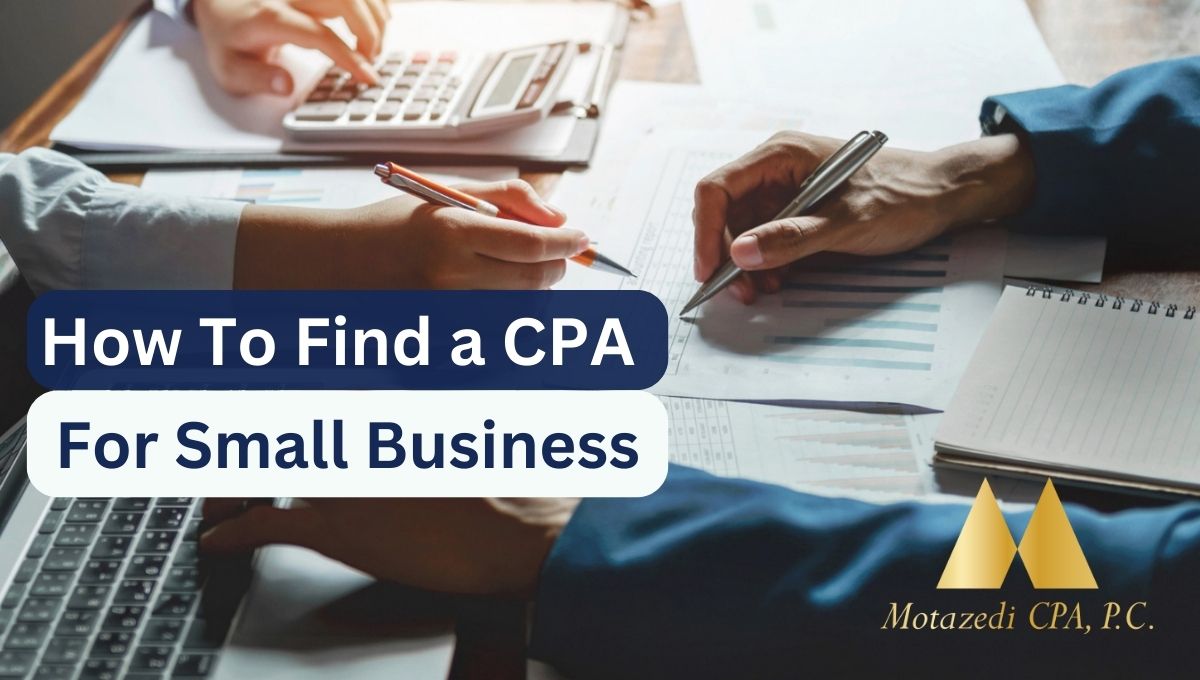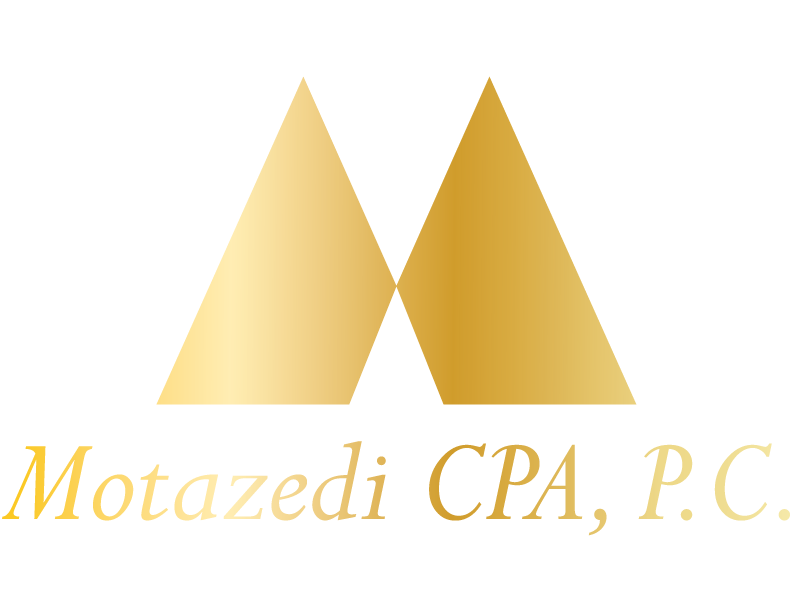
You run a successful small business. Your customers like the service you provide them and reward you by providing you with the one thing every business requires to succeed: cash.
Your business is growing fast, and you’re making much money. So, it’s time to hire someone to assist you in handling your finances. You should consider employing a Certified Public Accountant (CPA).
But how to find a CPA for small business? This blog will help you to answer this question.
An accountant is a specialist who handles all the intricate and crucial math activities associated with running a business, including bookkeeping, financial planning, and preparing tax returns and profit-and-loss statements. An accountant who has passed their state’s Uniform CPA Exam and satisfies the educational and experience criteria of their home state is referred to as a Certified Public Accountant (CPA).
Certified Public Accountants are helpful for small business owners because they can help them understand their finances and make good choices about them.
Accounting services may involve more than just keeping the books for small businesses. They modify what they offer based on what your business needs. Think of them as both tax preparers and financial advisors in one.
Not all accountants are CPAs, but all CPAs are accountants. A CPA can handle all of the following tasks in addition to offering sound advice and assisting you in making the proper decisions. The tasks are:
Tax Planning And Advice: Assist your company in reducing taxes now and make arrangements for upcoming tax circumstances.
Audit and Assurance: Identify any issues with your tax returns before the IRS does with the help of audit and assurance.
Management and Consulting: Assist in budgeting, risk management, and creating financial statements for shareholders. Act as your company’s chief financial officer (CFO).
Forensic Accounting: Investigate the financial records to help you stop or find theft or fraud using forensic accounting.
Payroll Administration: Ensure that everyone is paid promptly and that all payroll deductions are processed properly.
Bookkeeping: Take care of invoices and accounts receivable, see to it that the bills—such as rent and utilities—are paid promptly, and make prompt payments to your suppliers.
As you can see, a CPA can assist you with much more than just tax preparation and bookkeeping. It’s time to start looking for a CPA you’d genuinely like to hire once you’ve decided what services you need from one.
You should know what you need from a CPA before you start looking for one. Will they only deal with payroll and accounting? Or do you require a CPA on-site to handle all of your financial needs? After that is settled, you can begin your search.
Do you regularly interact with other small business owners in your area? Inquire among local businesses for referrals of reliable CPAs. Your banker, real estate agent or loan officer may be able to provide you with a solid suggestion for a new CPA.
If you can’t find a good CPA through personal connections, try looking for one online and using customer reviews to make your decision. Helpful information can be found in online communities and discussion forums like Google, Yelp, LinkedIn, and local Facebook groups.
Different types of CPAs focus on various fields. While some accountants enjoy working as tax preparers for various businesses, others would instead work year-round with a select group of small business owners. Some will even help you with your taxes and bookkeeping, while others specialize in more complex compliance matters.
During your initial meeting with your CPA, be sure to inquire about the kind of services they offer their customers. Talk about their approach to working with clients and the level of expertise they bring to the table.
Credentials are evidence that a CPA is qualified and has experience in the field of business finances. Confirm whether or not they have a Preparer Tax Identification Number (PTIN). If you get paid to file taxes for others, you need a PTIN from the IRS.
Look for other certificates and licenses in addition to a PTIN. Anyone who has earned the credentials of a CPA, EA, attorney, or participant in the IRS Annual Filing Season program will be listed in the IRS’s searchable database.
After doing your research, it’s time to meet with potential CPAs. Here, you will engage in conversations that are more significant. Make a list of subjects to cover for these meetings before arranging them, including:
The proper certified public accountant (CPA) will be the professional whose financial advice you trust most when making critical long-term decisions for your organization and while navigating the complex maze of tax laws each year.
If there are any difficulties or issues with your taxes, a good accountant will not only prepare the necessary paperwork but will also sign their name and credentials next to it. You want to feel secure in your choice when dealing with material this sensitive and vital.
Although hiring a Small Business CPA will cost you money, you will ultimately save a lot of money. You are probably missing out on deductions and other small business perks unless you are a CPA who is knowledgeable about tax laws. And if your company expands, you probably won’t have the time or expertise to manage all of your books effectively.
Starting out with some dependable accounting software and a sound organization system will probably be enough to keep you afloat for a while if you are just starting out in business and don’t have any workers. However, as soon as the expansion gets going, act quickly to hire a trustworthy CPA like Motazedi CPA who will look out for your best interests.

We are a NYC CPA firm with decades of experience serving individuals and businesses. Our reputation is built on solving simple and complex accounting issues, offering tax advising and planning services in regular client meetings.